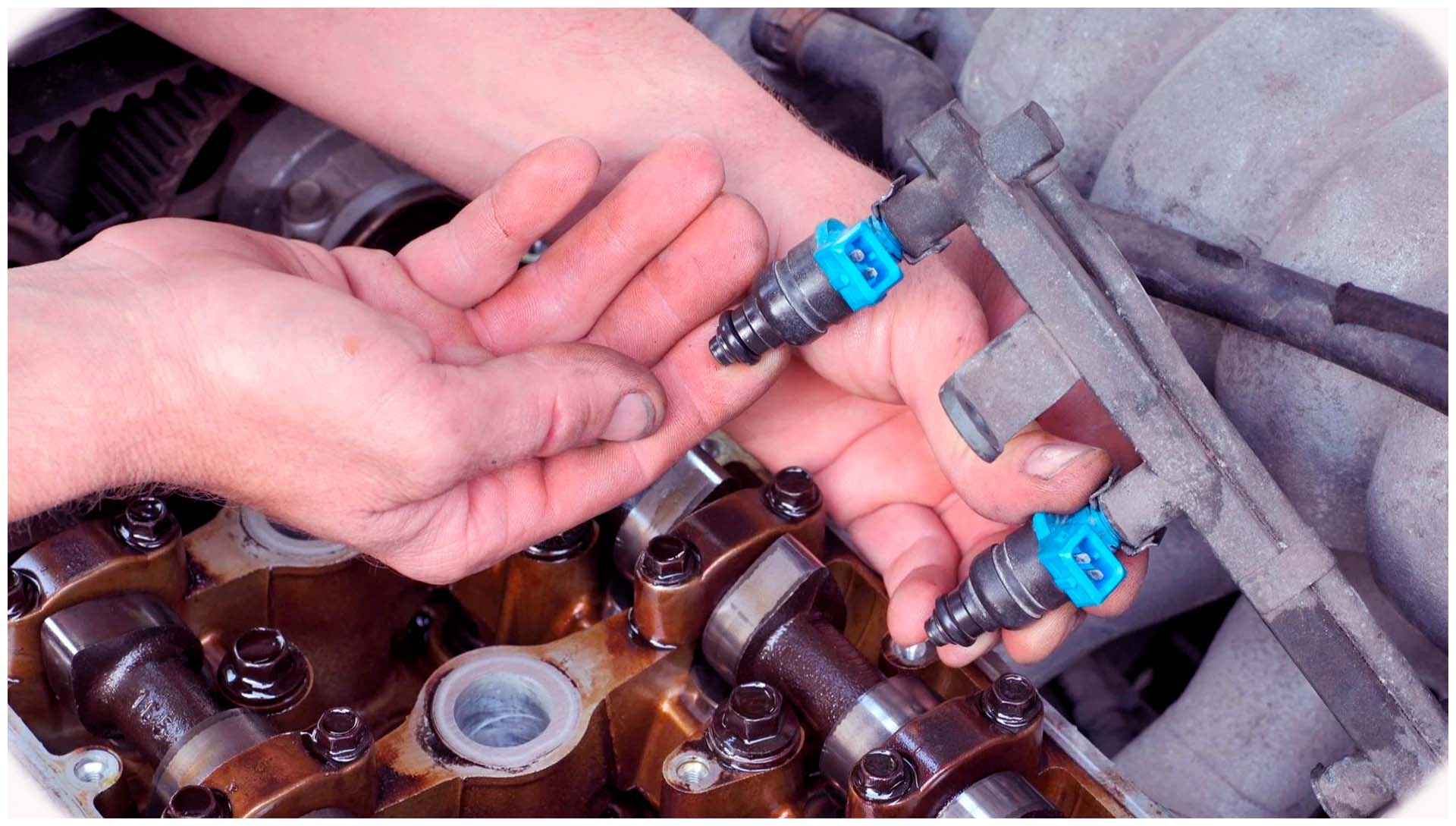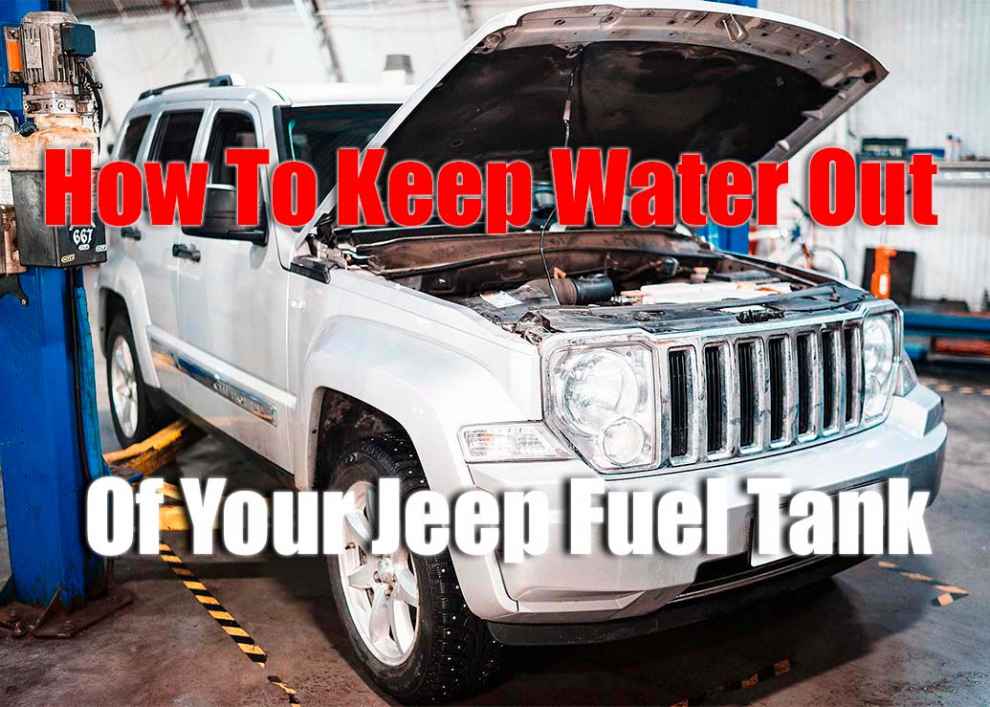When driving a Jeep, it’s important to ensure your fuel tank is water-free. Water buildup in the tank can cause rust, corrosion, and clogged injectors, leading to poor performance and other issues. In this article, we’ll discuss what causes water buildup in a Jeep fuel tank and how you can maintain a water-free fuel tank in your vehicle. We’ll also explain why cleaning your injectors regularly is important to ensure optimal performance.
What Causes Water Buildup in a Jeep Fuel Tank?
Condensation, as well as leaks, cause water buildup in your fuel tank. Over time, the air temperature inside the fuel tank changes due to outside temperature fluctuations and atmospheric pressure differences. When this happens, tiny droplets of moisture form on the tank’s walls and eventually accumulate at its bottom as water. This condensation is more likely to occur when you park your vehicle for an extended period without running it regularly.
How to Maintain a Water-Free Fuel Tank
To maintain a water-free fuel tank in your Jeep, check for any signs of leaks or cracks where moisture could get inside the tank from outside. Inspect the tank for any signs of corrosion or rust and repair any damage as soon as possible to prevent further leakage. In addition, you should also be sure to change your fuel filter regularly and always keep your tank at least half full to reduce the chances of condensation buildup.
Cleaning Injectors for Optimal Performance

The Importance of Draining Water from a Fuel Tank
It is important to periodically drain water from your Jeep’s fuel tank to prevent rust and corrosion. Water accumulation can cause significant damage to the tank and the entire fuel system if it is addressed slowly. To drain water from your tank, remove its cap and use a siphon pump or similar tool to draw out any excess liquid that has been collected inside it. Once drained, replace the cap and inspect the fuel system for any potential leaks.
Conclusion
Taking the necessary steps to keep a water-free fuel tank in your Jeep is essential for optimal performance. Check for signs of moisture, rust, or corrosion in your fuel tank and inspect it regularly for any leaks. Additionally, you should also clean your injectors regularly and drain excess water to prevent rust and corrosion damage. Following these tips can help ensure your Jeep’s fuel system runs smoothly with no issues.

Add Comment